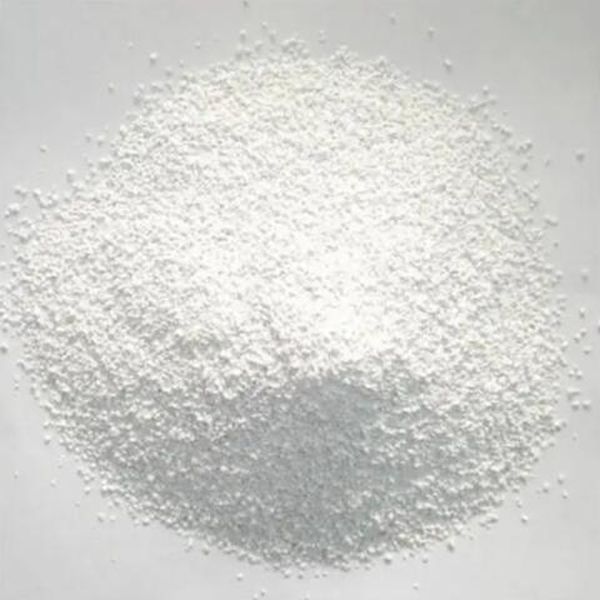DL-Methionine is an important essential amino acid for animals. Methionine hydroxyl analogs can be converted to methionine in animals and exert their nutritional effects. In addition, it can also be used as a rumen-free protein source for ruminants and as an acidifier for piglet diets, which can inhibit bacteria and sterilize, reduce heat stress, reduce nitrogen excretion, and protect the environment. Therefore, methionine is an essential additive in animal feed. The following is a detailed analysis of the role of methionine in feed.
1. Nutritional effect: Methionine can be used as an essential amino acid in the body to synthesize body proteins and improve growth performance; it can be converted into cystine to play a role in protecting the liver and detoxifying; it can provide active methyl groups for the body and participate in methyl transfer It can synthesize with adrenaline, creatine, choline, keratan, and nucleic acid; it can also provide active hydroxyl groups to supplement part of the role of choline or vitamin B12; it is metabolized in the body to produce polyamines, which is very important for animal cell proliferation It also promotes the synthesis of compounds related to cell division such as spermine and hemispermine.
2. Improving body immunity: Methionine has the effect of improving body immunity. The mechanism is not yet clear. The current level of research is mostly on the determination of apparent immune indicators. Some studies have shown that methionine levels in diets can affect humoral immunity in animals, mainly in the effect on antibody titer. It was reported that when methionine levels were 0.063% to 0.413%, with the increase of dietary methionine levels, antibody titers, immunoglobulins and lymphocyte conversion rates in chicken serum increased significantly. At the same time, dietary methionine levels also have an effect on cellular immunity.
3. Bacteriostatic: Adding methionine to feed can inhibit the production of various mycotoxins. Wang Ran and others believe that methionine can be combined with mycotoxins in feed to reduce its toxicity. MHA also inhibits and kills mold. After being added to the feed, MHA can prevent or control the decomposition of mold nutrients in the feed. At the same time, MHA can be converted into methionine to enhance the body’s decomposition of mycotoxins, so that the production performance can be fully exerted.
4. Reduce nitrogen excretion and protect the environment: the addition of MHA can reduce the crude protein content in the preparation of the diet, reduce the plasma urea nitrogen, thereby reducing the waste and excretion of nitrogen. According to biochemical principles, what the body needs is an essential amino acid carbon frame, not necessarily all of it. As long as there is a carbon frame of essential amino acids, the body may be converted into corresponding L-amino acids by the action of transaminase. MHA is an intermediate product of methionine metabolism and has a carbon framework for methionine.
Post time: Mar-10-2020

